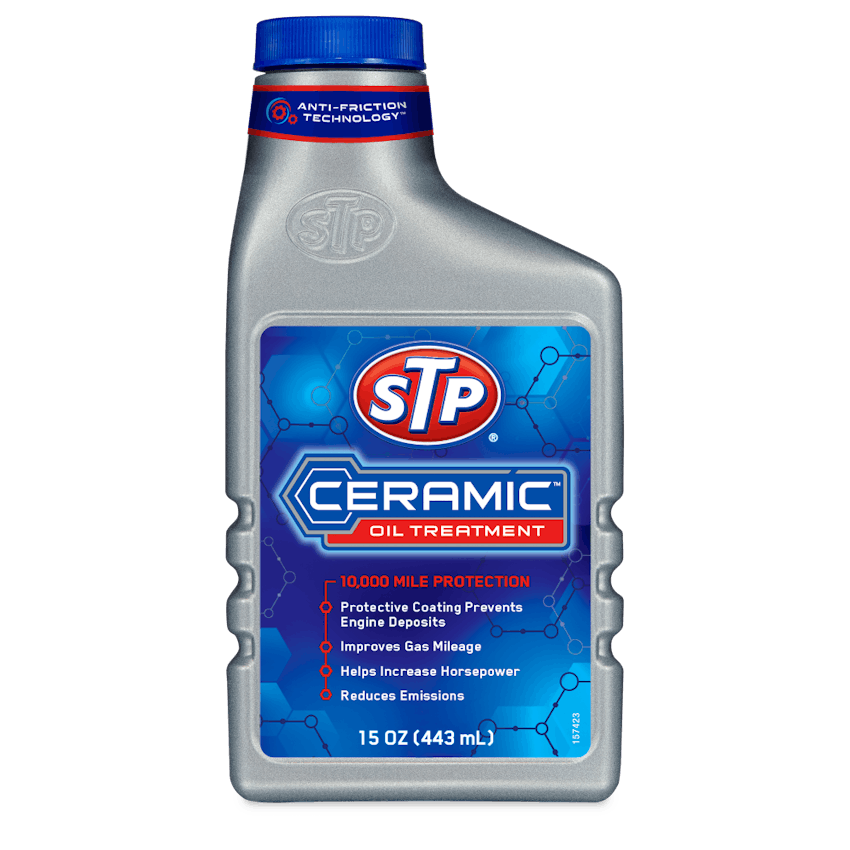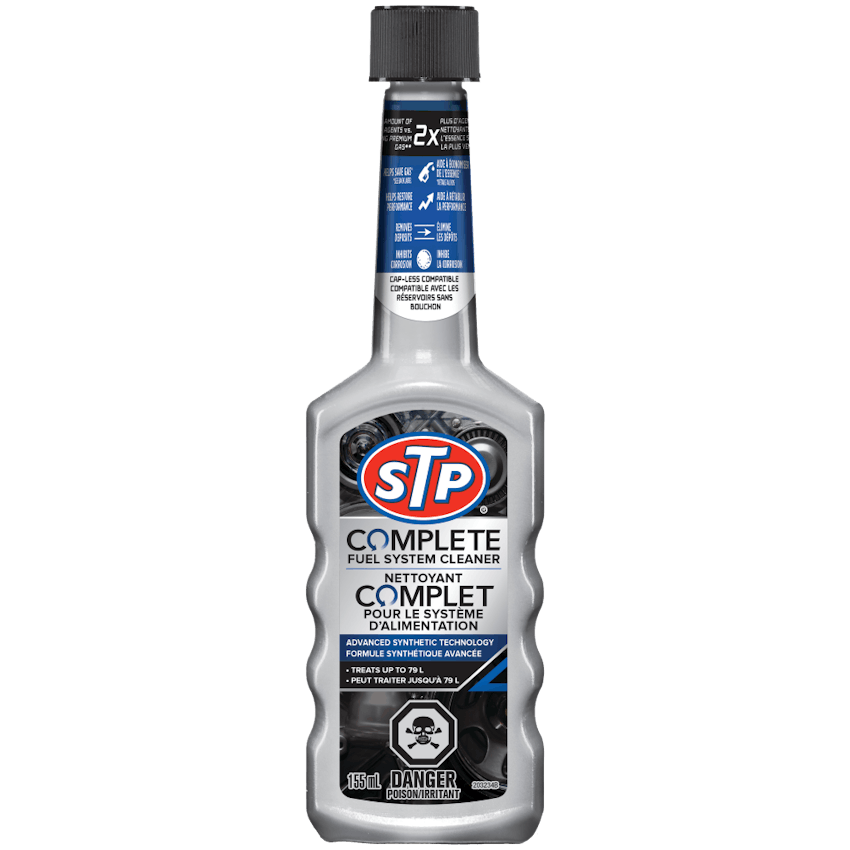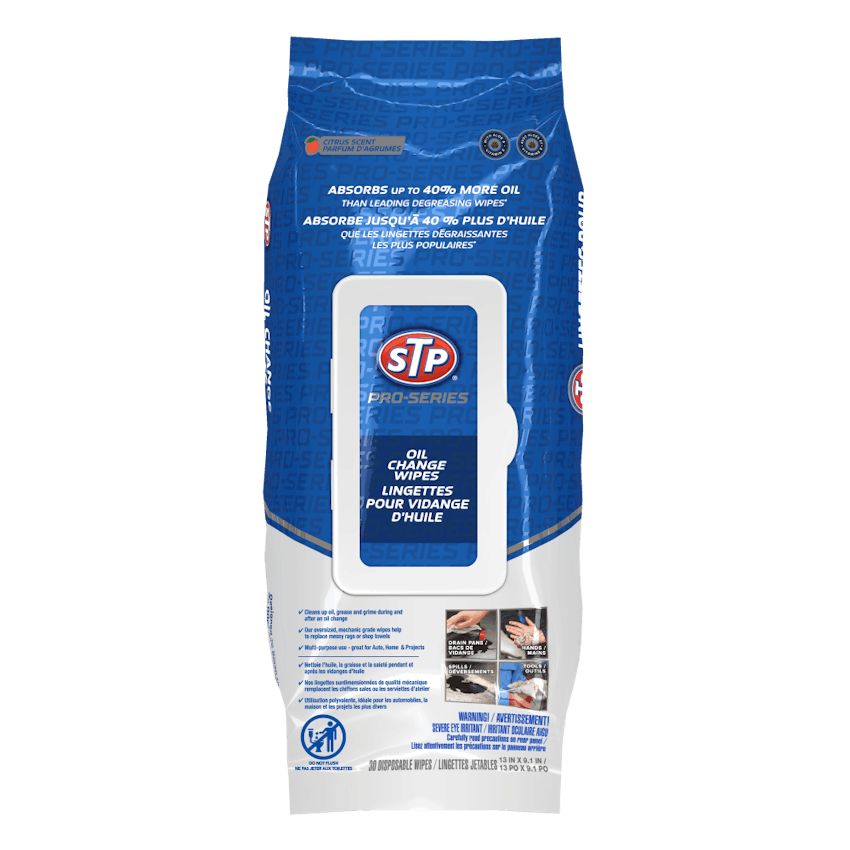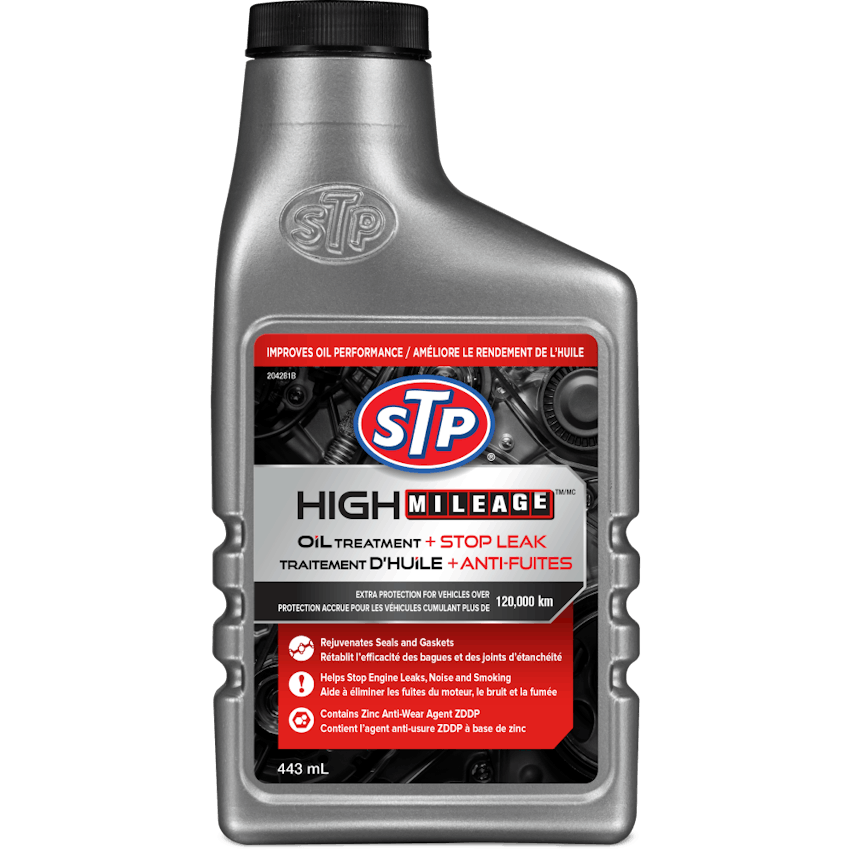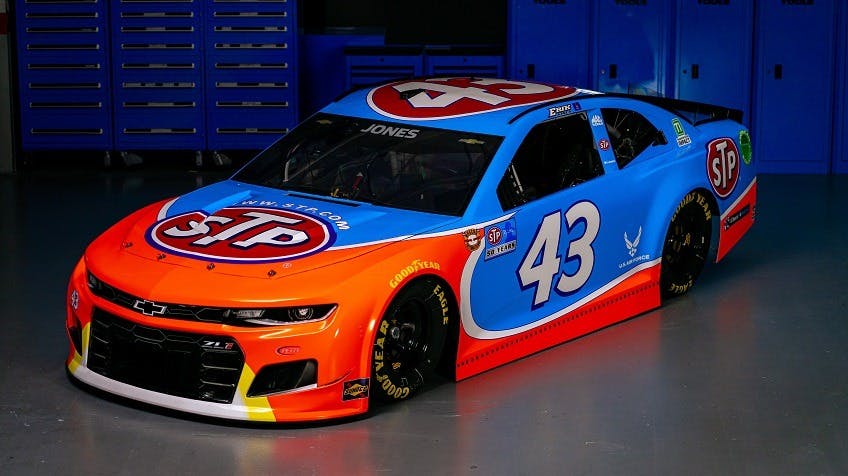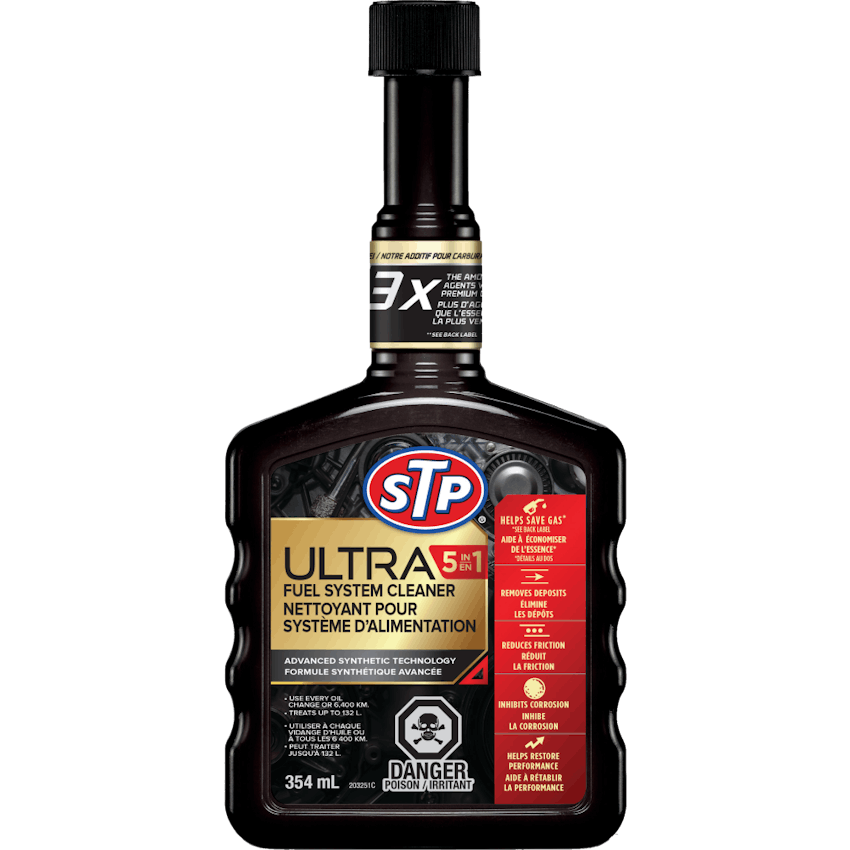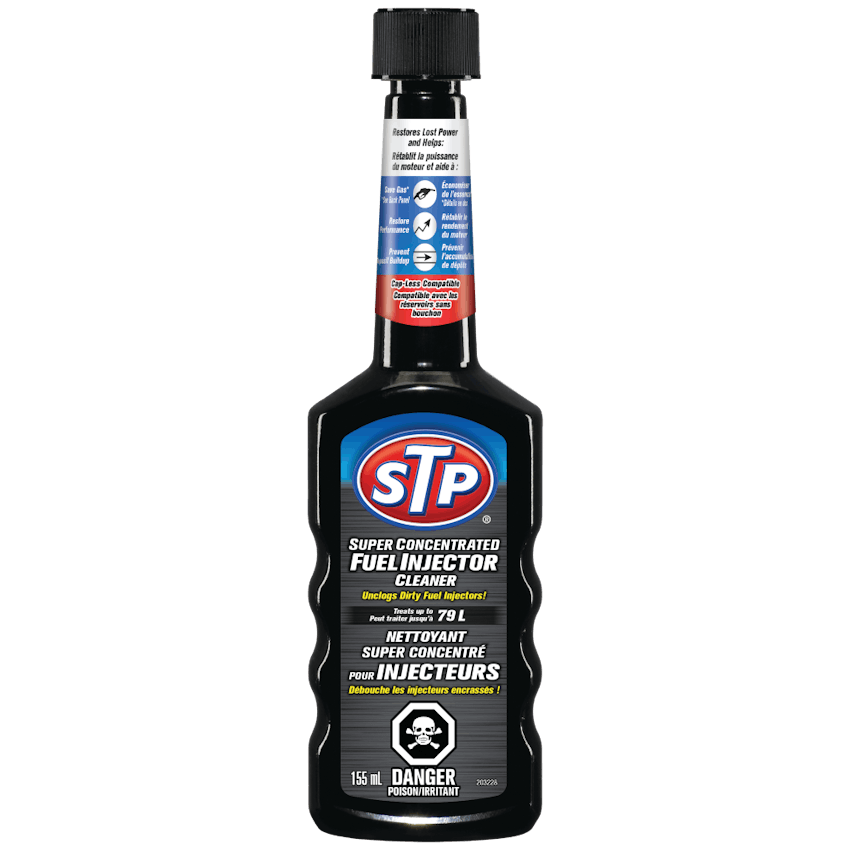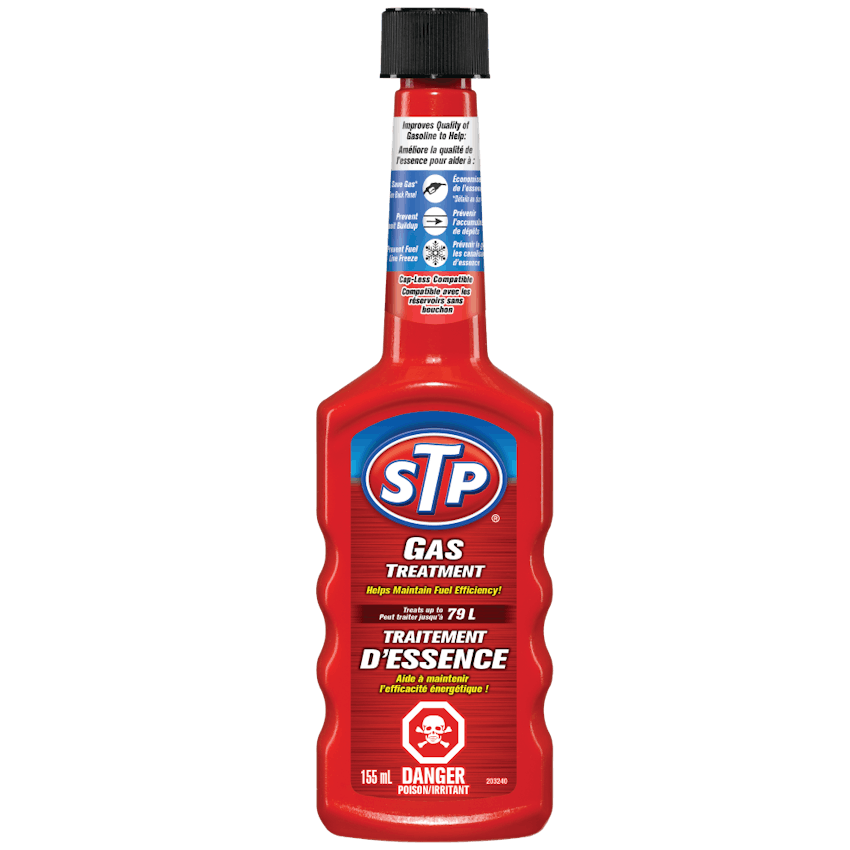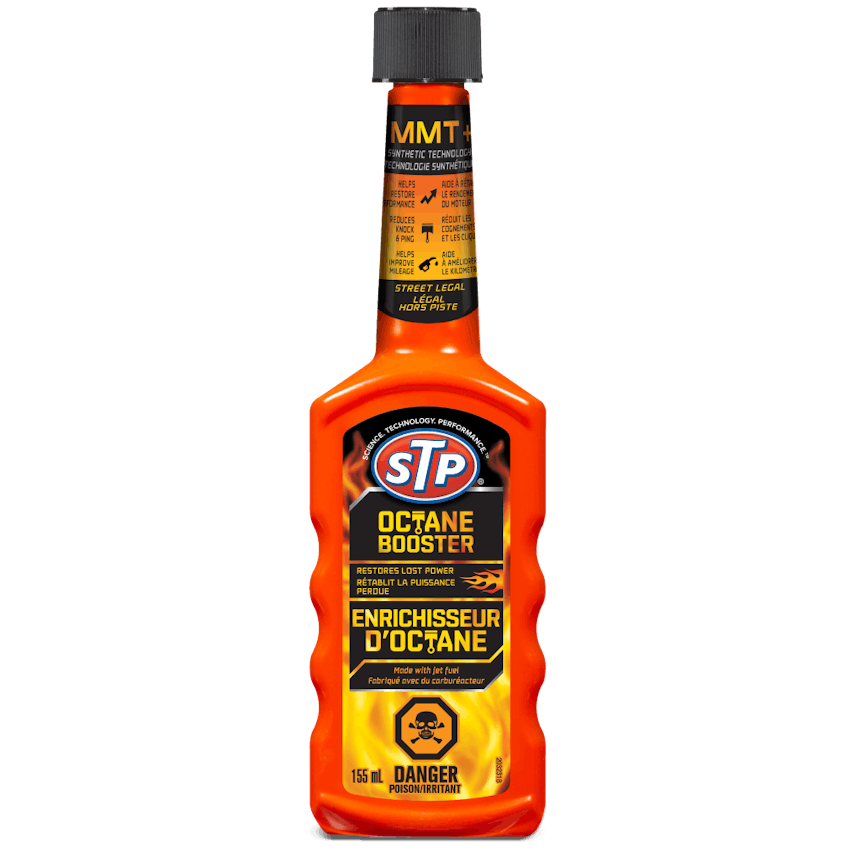Fuel System & Fuel Additives

Table of contents
The fuel system is made up of the fuel tank, pump, filter and injectors or carburetor, and is responsible for delivering fuel to the engine as needed. Each component must perform flawlessly to achieve expected vehicle performance and reliability.
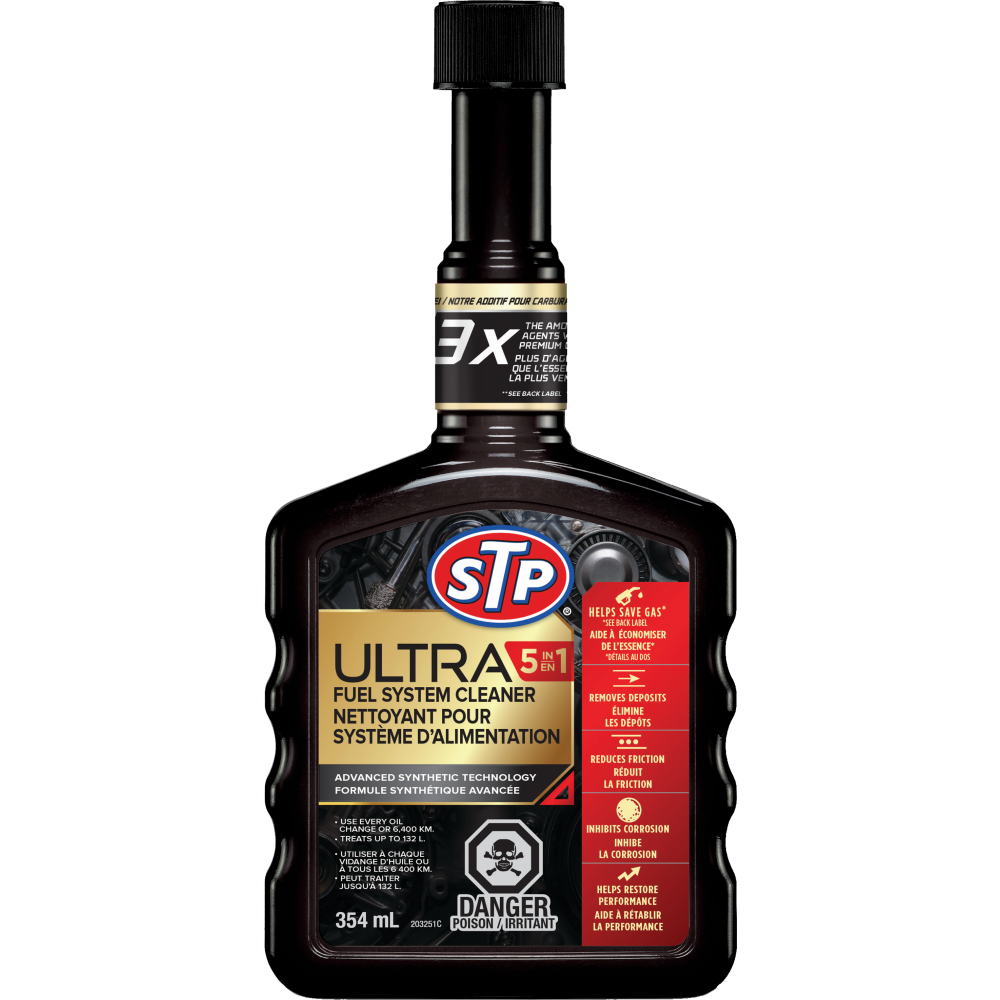
Ultra 5-In-1 Fuel System Cleaner
- Helps save gas by keeping fuel intake system clean
- Fights engine friction
- 3x the amount of cleaning agents vs the leading premium gasoline*
Deep Cleans the Entire Fuel System and Fights Engine Friction
Fuel System Components
Over time, an engine’s performance can slowly diminish because of buildup, which clogs vital parts of the fuel system and causes reduced fuel efficiency and power.
Fuel Injectors/Carburetors
The fuel injector is the last stop for fuel in your engine before it goes "boom!" inside the combustion chamber. It is basically an electrically operated gate that opens just long enough to meter the perfect amount of fuel to run the engine.
Carburetors were the usual method of fuel delivery for most vehicles up until the late-1980s. Most carburetors are manual non-electric devices that are used for mixing vaporized fuel with air to produce a combustible or explosive mixture for internal combustion engines. Carburetors have been mostly supplanted by electronic fuel injection.
Intake Valve
The valve opens to allow the air/fuel mixture to be drawn into the combustion chamber. Deposits on the intake valves can restrict or change the flow of the air/fuel mixture into the combustion chamber. Fuel can stick to deposits on the intake valve and not enter the combustion chamber when needed. The right fuel additive can help reverse these effects and restore lost performance.
Piston
The piston travels up and down and converts the pressure from combustion into movement. Detergent additives that can help remove or reduce deposits have been shown to be effective in reducing or eliminating deposit-related drivability and performance loss.
Combustion Chamber
This is where burning of the air/fuel mixture happens. Deposits in the combustion chamber can affect heat transfer and air/fuel compression. Excess heat can cause premature ignition and knocking.
Some vehicles contain knock sensors that are used to determine engine knock or pre- or post-detonation. With these sensors, the computer will detune the engine to eliminate this symptom, which has an adverse effect on performance. Fuel system deposits will cause knocking, which is why it is so important to keep your fuel system clean.
Which Fuel Additive Do I Need?
Fuel additives vary by type and concentration. See below to find out which STP® products help prevent, remove or deep-clean deposits and learn more via our Fuel & Oil Additives guide.
These STP® Products help prevent new deposits from forming:
- STP® Gas Treatment helps keep the fuel intake system clean.
- STP® High Mileage Fuel Injector & Carburetor Treatment fights upper cylinder friction at piston rings and cylinder walls.
- STP® All Season Water Remover removes water and keeps fuel injectors clean.
These STP® Products remove existing deposits to clean fuel injectors and valves:
- STP® Octane Booster helps boost octane levels and helps restore horsepower.
- STP® Super Concentrated Fuel Injector Cleaner unclogs dirty fuel injectors.
These STP® Products help remove existing deposits with just one treatment to clean the entire fuel system:
- STP® Complete Fuel System Cleaner cleans the entire fuel system, for optimum performance.
- STP® Ultra 5 In 1 Fuel System Cleaner | STP.com deep cleans the entire fuel system and fights engine friction

